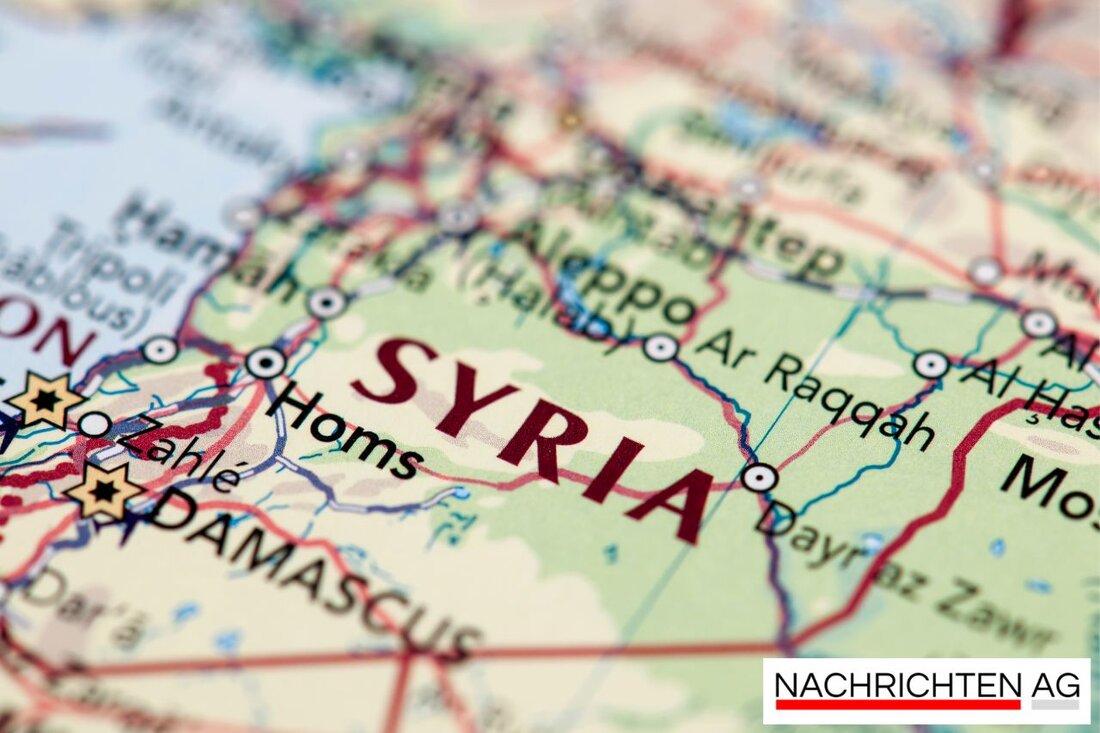Coalition is planning new rules: family reunification for refugees in danger!
Coalition is planning new rules: family reunification for refugees in danger!
The new black and red coalition in Germany plans significant tightening in the field of migration policy. On Wednesday, under the leadership of Federal Minister of the Interior Alexander Dobrindt (CSU), two draft laws are said to be adopted, which particularly affect the family reunification for refugees with subsidiary protection status. These measures come at a time when the pressure on German municipalities grows due to increasing number of refugees.
since the end of March 2025, 388,074 have been living in Germany, with about three quarters of them come from Syria. The family reunification was exposed to March 2016 and July 2018, and since August 2018 only 1,000 members of subsidiary protected (maximum 12,000 per year) have been possible since August 2018. Critics, such as the refugee organization Pro Asyl, warn that the planned changes could have a negative impact on affected families. Furthermore, family reunification is regarded as a burden for the municipalities.
changes in family reunification
The planned regulation stipulates that subsidiary protected people are not allowed to bring family members to Germany for two years, unless they are non -defined hardship cases. These strict measures are intended to promote the integration of refugees already living in Germany and address the increasing challenges that many municipalities are standing in front of. A survey from September 2024 shows that 77 percent of those surveyed are calling for a turn in migration policy.
family asylum and legal bases
The family asylum offers the possibility that members of a family can also receive asylum if a person authorized to know has been recognized as entitled to asylum. To apply for family reunification, spouses and children must meet certain requirements. Due to the legal regulations of asylum law, however, it is not always possible to apply for family reunification. In particular, there are exclusions for people who have married during their escape or who are considered at risk.
According to official statistics, around 229,751 asylum applications in Germany were made in 2024, with family reunification remains a central topic in public discussion. The debate about migration and asylum policy has gained intensity through various security policy eventualities, such as the attacks in Mannheim and Solingen.
Overall, the changes and social pressure reflect a sharper attitude towards migration, which is to be implemented by the new federal government. The style of migration policy in Germany has also changed against the background of demographic change and shortage of skilled workers in recent years. This is done in a context in which the majority of the population supports European solutions to deal with refugee questions.
Current political framework and judicial decisions, both at national and European level, will shape future migration and integration in Germany. This is done not only with regard to refugees, but also in relation to the recruitment of specialists in order to cope with the economic challenges.
For more information on the new regulations and the status of family reunification, see the official pages of Merkur href = "https://www.bamf.de/de/asylfluechtlingschutz/familienasylfamilfamilnung/familienasylfamilfamilfamilfamilfamilgebeit-node.html"> bamf href = "https://de.statista.com/themen/11888/migrationpolitik/"> Statista .
| Details | |
|---|---|
| Ort | Deutschland |
| Quellen | |


Kommentare (0)